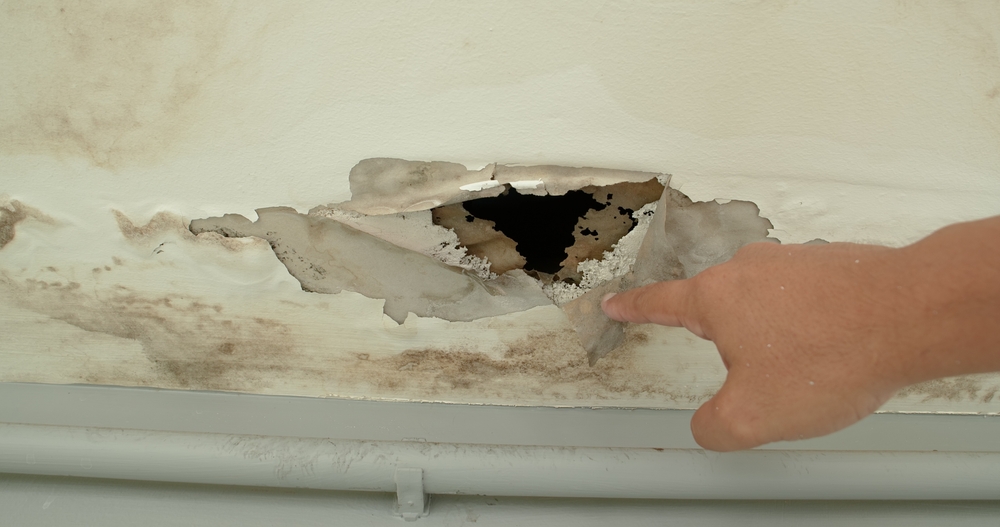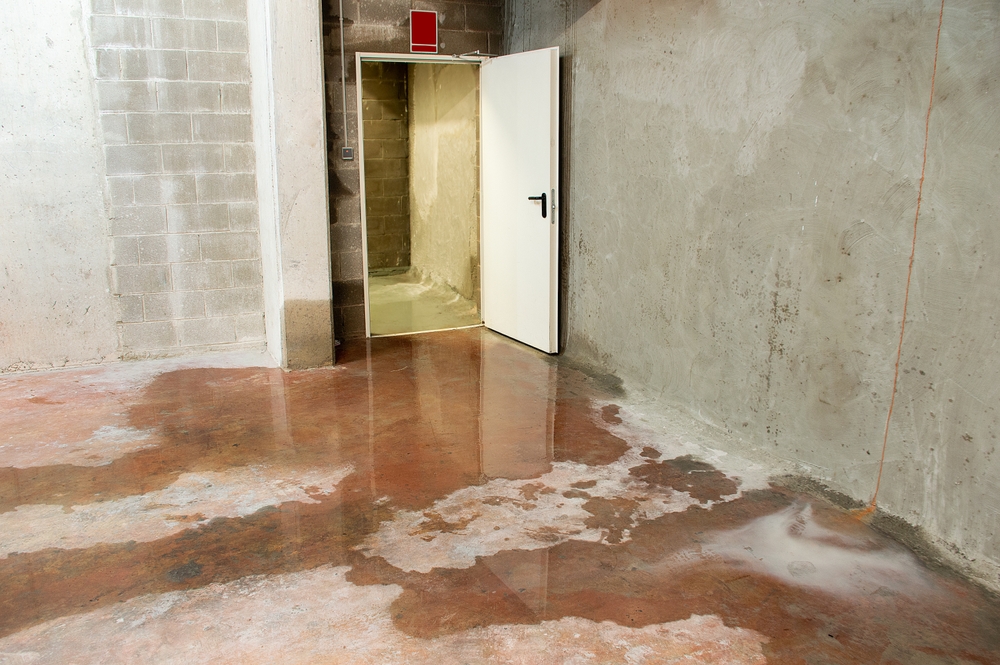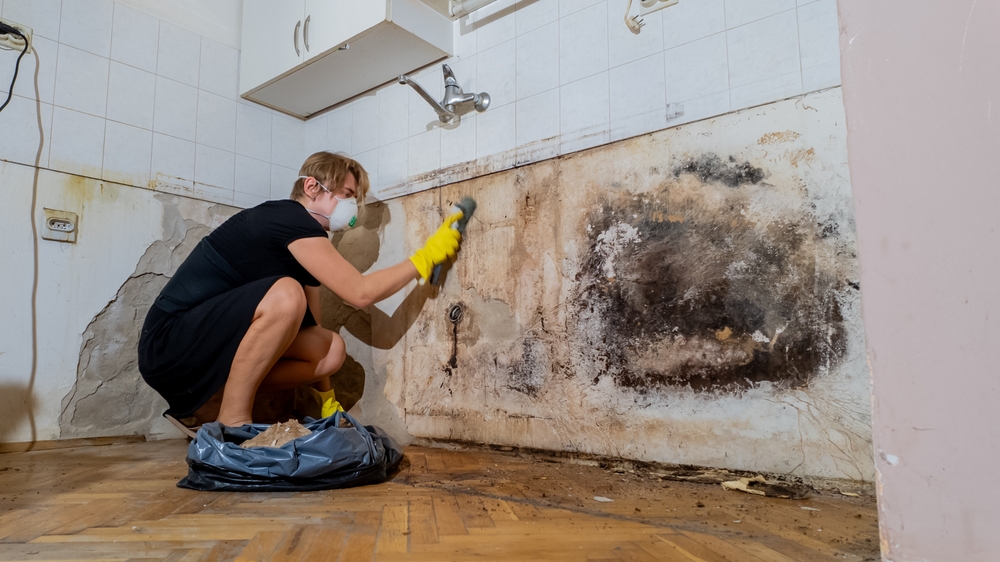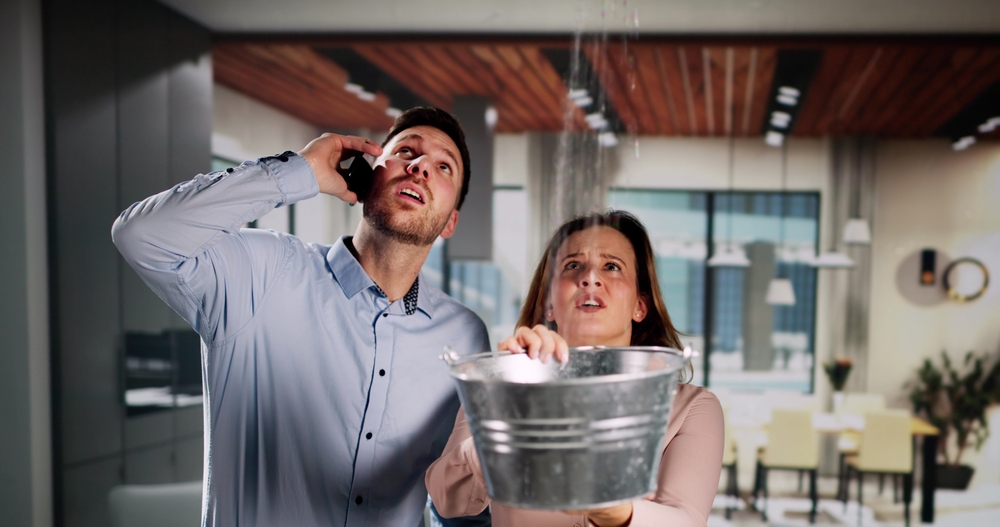Although most people consider water damage as a mere annoyance, for the foundation of your house it can have major and long-lasting effects. The foundation is the one supporting your house; any damage to it could result in expensive repairs and maybe structural instability. Homeowners, property managers, and everyone else engaged in home upkeep must first know the long-term water damage on your home’s foundation. This article will look at how water compromises a foundation, the long-term consequences, indicators of damage, preventative measures, and the need of quick response.
Introduction
Structural integrity of your house depends much on its foundation. It keeps the building steady and carries its whole weight. Still, one often disregarded element that could impair its stability is water damage. Called “the silent destroyer,” water damage may not be obvious right away but its subtle effects over time can cause major issues.
Many homeowners are unaware that even apparently little water intrusion can compromise their foundation, leading to a variety of problems ranging from structural instability to more expenses. Knowing the long-term consequences of water damage on your foundation will help you to avoid these issues and preserve the value and safety of your house.
How Water Damages a Foundation
Realizing the possible risks requires knowing how water affects a foundation. The main ways water might ruin your foundation are as follows:
-
- Hydrostatic Pressure: When water builds around a foundation and presses against the foundation walls, hydrostatic pressure results. Over time, this pressure can strain the walls and cause structural damage as well as cracks. The pressure rises as the water level rises, therefore perhaps stressing the foundation significantly.
- Soil Erosion: Water can cause the ground under your foundation to sink unevenly. Washed-away dirt leaves gaps beneath the foundation that cause shifting and settling. Structural issues including floor and wall fissures may follow from this unequal settling.
- Frost Heave: The freezing and thawing cycles in places with harsh winters can cause soil to expand and shrink, therefore stressing the foundation. Water expanding from freezing into the ground pushes the foundation upward. Cracking and instability may follow from this frost heave.
- Chemical Reactions: Some soils react chemically with water, which can compromise the foundation. For instance, as they dry out expansive clay soils can absorb water, expand, and then shrink. In the foundation, this cycle can cause shifting and cracking.
- Corrosion: Water can also erode metal parts like anchors and rebar that either support or lie inside the foundation. Over time, this corrosion might compromise the structural integrity of the foundation, therefore causing possible failure.

Long-Term Effects of Foundation Water Damage
Water damage to your foundation could have long-term unpleasant and expensive consequences. The following are some main effects:
-
- Structural Instability: Structural instability is one of the most major long-term consequences of water damage. Uneven foundation settling brought on by hydrostatic pressure or soil erosion can cause floor and wall fissures. Doors and windows that cling or go misaligned in homes could point to changing foundations. Ignored, these flaws might become major structural concerns.
- Increased Risk of Mold and Mildew: Water intrusion-created damp conditions can raise a mold and mildew growth danger. Mold grows in damp surroundings, so if it starts in your house, the residents may be at danger for their health. Furthermore adding to the whole impact of water damage is the time-consuming and expensive nature of mold remedial work.
- Foundation Failure: Severe cases of water damage might cause foundation failure. Should the basis be undermined beyond repair, considerable replacement or reconstruction may be necessary. One of the most costly repairs a house owner may have, this can drastically change the value of the house.
- Reduced Property Value: Foundation problems really devaluate a house. Properties with known foundation issues often scare potential purchasers, which reduces marketability. Buyers may start to seek elsewhere if even small water damage raises questions.
- Increased Energy Costs: Structural changes brought on by foundation degradation can compromise energy economy. Should windows and doors line incorrectly, air leaks could result, which would force heating and cooling systems to operate more aggressively. Over time, this higher energy demand results in higher utility costs.
- Safety Hazards: Severe foundation degradation raises serious safety concerns for residents about structural collapse. Should a foundation be undermined, everyone living in the house loses their safety, thus it is imperative to fix any water damage right once.
Signs of Foundation Water Damage
For homeowners, knowledge of the indicators of foundation water damage is absolutely vital. These are some typical signs suggesting that your foundation might be under danger:
-
- Cracks in Foundation Walls, Floors, and Ceilings: Water damage might be indicated by cracks in ceilings, floors, or foundation walls. While minor cracks might not be concerning, more significant problems that demand quick care may be indicated by larger or expanding fissures.
- Uneven Floors or Sagging Ceilings: Should you find uneven flooring or sagging ceilings, this could indicate that water damage is causing unequal foundation movement. These problems can compromise your house’s general stability.
- Doors and Windows That Stick or Become Misaligned: Misalignment of windows or doors and sticking doors can point to foundation movement. Unevenly settling foundations can cause doors and windows to not open or close as intended.
- Water Stains or Efflorescence on Foundation Walls: Clear evidence of moisture penetration on foundation walls are water stains or efflorescence—a white, chalky residue. Efflorescence results from water evaporating leaving mineral deposits behind. These stains suggest water presence and possible damage-causing effect.
- Mold Growth in the Basement or Crawl Space: One very clear sign of moisture issues is the discovery of mold in the crawl space or basement. Mold can cause health problems, hence early addressing of water damage is rather important.
- Musty Odors: Especially in basements or crawl areas, a musty smell in your house could indicate mold growth and moisture problems. This smell sometimes suggests water damage and calls for remedial action.

Preventing Foundation Water Damage
Protection of the structural integrity of your house depends on preventing foundation water damage. These are some preventative steps householders should do:
-
- Proper Grading: Make sure the land surrounding your foundation is correctly sloped to send water away from the house. At least six inches of slope over the first 10 feet will help to minimize water gathering around the foundation.
- Gutter Maintenance: Clean and maintain gutters often to make sure they are free from trash and operating as they should. Preventing water intrusion requires careful guidance of rainwater away from your foundation.
- Regular Inspections: Inspect your foundation often for evidence of water damage. Search for cracks, stains, or other signals of possible wetness. Prevention of more serious damage depends on early identification.
- Addressing Leaks Promptly: As soon as leaks in pipes, ceilings, and around windows and doors are found, fix them. Small leaks should be taken care of right away since over time they can cause major water damage.
- Installing a Sump Pump: If flooding is a possibility in your house, think about adding a sump pump. This tool helps clear extra water from your crawl space or basement, therefore lowering the chance of foundation water damage
- Professional Foundation Waterproofing: Think about expert waterproofing solutions for even more protection. A foundation waterproofing specialist can evaluate the particular requirements of your house and carry out efficient solutions to guard against water damage to your foundation.
Conclusion
For homeowners, knowing the long-term, usually subtle consequences of water damage on their foundation is absolutely vital. Water damage may cause major structural problems, more repairs, and lower property value. Being proactive and putting preventative actions into effect helps you to preserve the foundation of your house and guarantee its long-term stability.
Don’t wait until a more major concern arises if you believe there is water damage or foundation problems. Plan a professional examination to solve any issues and follow the required guidelines to guard your house. Recall that protecting your property and your peace of mind depends mostly on quick intervention.
Philadelphia Restoration Services
https://www.google.com/maps?cid=3399342399556699153
+1 267 668 0013
https://philadelphiarestorationservices.com/


